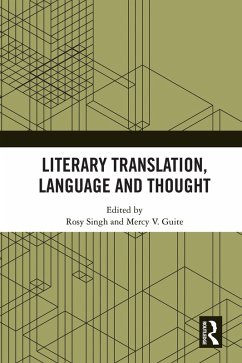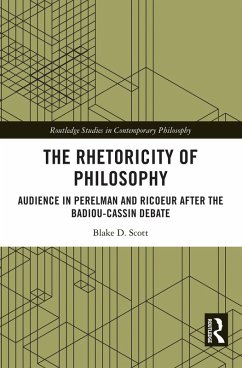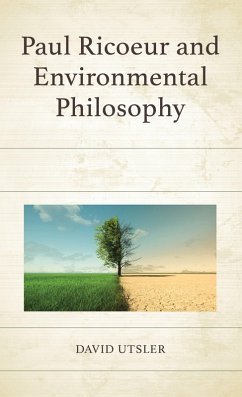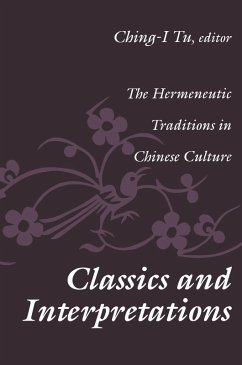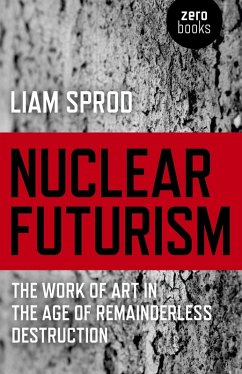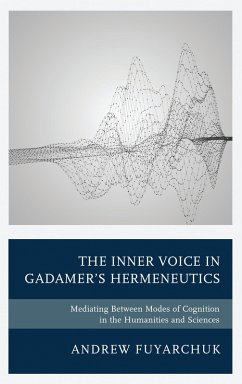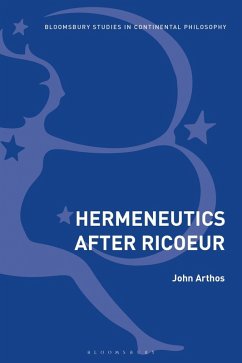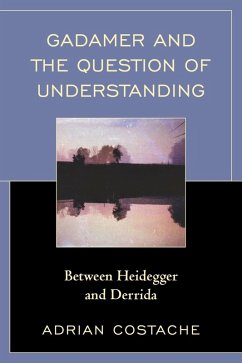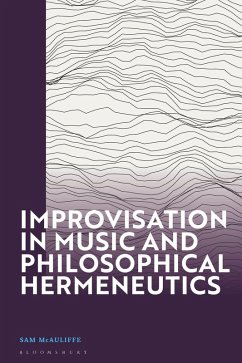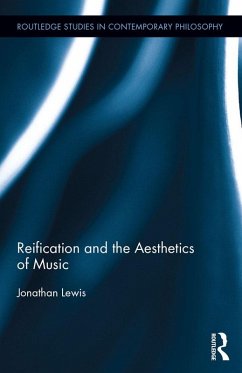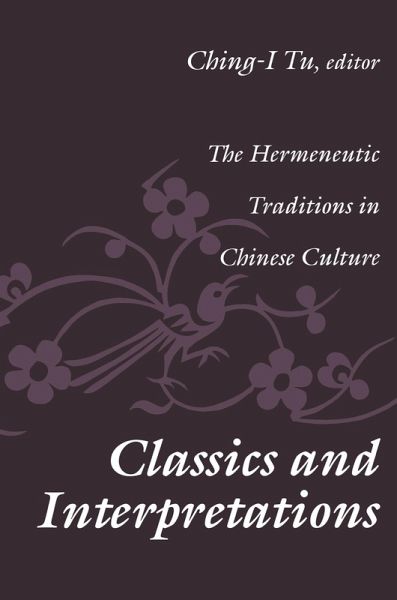
Classics and Interpretations (eBook, ePUB)
The Hermeneutic Traditions in Chinese Culture
Redaktion: Tu, Ching-I
Versandkostenfrei!
Sofort per Download lieferbar
46,95 €
inkl. MwSt.
Weitere Ausgaben:

PAYBACK Punkte
23 °P sammeln!
In recent years in the "West," scholars have attempted to unravel old constructs of interpretation and understanding, using the discipline of hermeneutics, or the scientific study of textual interpretation. Borrowed from students of the ever growing body of biblical interpretive literature that originated in the early Christian era, theoretical hermeneutics has given many contemporary scholars potent tools of textual interpretation. Classics and Interpretations applies this method to Chinese culture. Several essays focus on hermeneutic traditions of Neo-Confucianism. Others move outside of the...
In recent years in the "West," scholars have attempted to unravel old constructs of interpretation and understanding, using the discipline of hermeneutics, or the scientific study of textual interpretation. Borrowed from students of the ever growing body of biblical interpretive literature that originated in the early Christian era, theoretical hermeneutics has given many contemporary scholars potent tools of textual interpretation. Classics and Interpretations applies this method to Chinese culture. Several essays focus on hermeneutic traditions of Neo-Confucianism. Others move outside of these traditions to attempt an understanding of the role of hermeneutics in Taoist and Buddhist textual interpretation, in Chinese poetics and painting, and in contemporary Chinese culture.
This volume makes a concerted effort to remedy our ignorance of the Chinese hermeneutical tradition. Part 1, "The Great Learning and Hermeneutics," demonstrates the use of commentary to define how the individual creates his social self, and discusses differing interpretations of the Ta-hsueh text and its treatment as either canonical or heterodox. Part 2, "Canonicity and Orthodoxy," considers the philosophical touchstones employed by Neo-Confucian canonical exegetes and polemicists, and discusses the Han canonization of the scriptural Five Classics, while illuminating a double standard that existed in the hermeneutical regime of late imperial China. Part 3, "Hermeneutics as Politics," discusses the transformation of both the classics and scholars, and explores the dominant hermeneutic tradition in Chinese historiography, the scriptural tradition and reinterpretation of the Ch'un-ch'iu, and reveals the pragmatism of Chinese hermeneutics through comparison of the Sung debates over the Mencius. The concluding sections include essays on "Chu Hsi and Interpretation of Chinese Classics," "Hermeneutic Traditions in Chinese Poetics and Non-Confucian Contexts," "Reinterpretation of Confucian Texts in the Ming-Ch'ing Period," and "Contemporary Interpretations of Confucian Culture."
Through these literate and brilliantly written essays the reader witnesses not merely the great breadth and depth of Chinese hermeneutics but also its continuity and evolutionary vigor. This volume will excite scholars of the Confucian, Buddhist, and Taoist systems of thought and belief as well as students of history and hermeneutics.
This volume makes a concerted effort to remedy our ignorance of the Chinese hermeneutical tradition. Part 1, "The Great Learning and Hermeneutics," demonstrates the use of commentary to define how the individual creates his social self, and discusses differing interpretations of the Ta-hsueh text and its treatment as either canonical or heterodox. Part 2, "Canonicity and Orthodoxy," considers the philosophical touchstones employed by Neo-Confucian canonical exegetes and polemicists, and discusses the Han canonization of the scriptural Five Classics, while illuminating a double standard that existed in the hermeneutical regime of late imperial China. Part 3, "Hermeneutics as Politics," discusses the transformation of both the classics and scholars, and explores the dominant hermeneutic tradition in Chinese historiography, the scriptural tradition and reinterpretation of the Ch'un-ch'iu, and reveals the pragmatism of Chinese hermeneutics through comparison of the Sung debates over the Mencius. The concluding sections include essays on "Chu Hsi and Interpretation of Chinese Classics," "Hermeneutic Traditions in Chinese Poetics and Non-Confucian Contexts," "Reinterpretation of Confucian Texts in the Ming-Ch'ing Period," and "Contemporary Interpretations of Confucian Culture."
Through these literate and brilliantly written essays the reader witnesses not merely the great breadth and depth of Chinese hermeneutics but also its continuity and evolutionary vigor. This volume will excite scholars of the Confucian, Buddhist, and Taoist systems of thought and belief as well as students of history and hermeneutics.
Dieser Download kann aus rechtlichen Gründen nur mit Rechnungsadresse in A, B, BG, CY, CZ, D, DK, EW, E, FIN, F, GR, HR, H, IRL, I, LT, L, LR, M, NL, PL, P, R, S, SLO, SK ausgeliefert werden.




